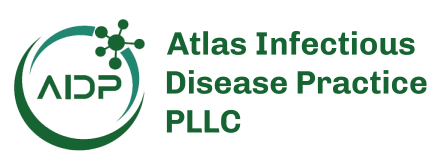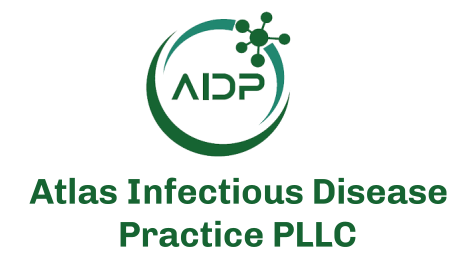Today, the World Health Organization (WHO) announced its recommendations for the viral composition of influenza vaccines for the 2025-2026 season in the northern hemisphere. The announcement was made at an information session at the end of a 4-day meeting on the Composition of Influenza Virus Vaccines, a meeting that is held 2 times a year.1
WHO organizes these consultations with an advisory group of experts gathered from WHO Collaborating Centers and WHO Essential Regulatory Laboratories to analyze influenza virus surveillance data generated by the WHO Global Influenza Surveillance and Response System (GISRS). The recommendations issued are used by the national vaccine regulatory agencies and pharmaceutical companies to develop, produce, and license influenza vaccines for the following influenza season.
The WHO recommends that trivalent vaccines for use in the 2025-2026 northern hemisphere influenza season contain the following:
Egg-based vaccines
- an A/Victoria/4897/2022 (H1N1)pdm09-like virus;
- an A/Croatia/10136RV/2023 (H3N2)-like virus; and
- a B/Austria/1359417/2021 (B/Victoria lineage)-like virus.
Cell culture-, recombinant protein- or nucleic acid-based vaccines
- an A/Wisconsin/67/2022 (H1N1)pdm09-like virus;
- an A/District of Columbia/27/2023 (H3N2)-like virus; and
- a B/Austria/1359417/2021 (B/Victoria lineage)-like virus.
The recommendation for the B/Yamagata lineage component of quadrivalent influenza vaccines remains unchanged from previous recommendations:
- a B/Phuket/3073/2013 (B/Yamagata lineage)-like virus.
HHS and Vaccine Policy
Earlier this month, the Trump Administration’s Department of Health and Human Services (HHS) canceled the Centers for Disease Control and Prevention’s (CDC) ACIP meeting where they were going to discuss several vaccines. Separately, HHS also canceled the upcoming FDA VRBPAC meeting where the outside independent advisors were going to discuss the WHO’s recommendation on the influenza vaccines for 2025-2026 season and help offer guidance for vaccine manufacturers and clinical guidance.
Robert Hopkins, Jr, MD, medical director, National Foundation for Infectious Diseases (NFID), says we are charting new territory here with the cancellation of the VRBPAC meeting and explains there may be contingency plans in place.
“This is an unprecedented situation, so I don’t have an evidence-based answer. As I think about the process, we do know that influenza vaccines for the 25-26 season will be developed for other northern hemisphere countries based on those World Health Organization recommendations, and those same vaccines could be evaluated by FDA and approved for use in the US. It’s also possible that FDA may select vaccine strains for 25-26 without the input of these external experts. And you know, remember that this committee’s role is advisory. It has the additional advantage that this is a publicly, accessible meeting, and FDA has the regulatory power to determine which vaccines will be approved for use in the US, with or without Advisory Committee input,” Hopkins said.
“Canceling one meeting poses a challenge,” he adds “It adds uncertainty in our path to having influenza vaccines available to the public late next summer, early fall. But it doesn’t necessarily break the process.”
In light of these 2 meeting cancellations NFID made a public statement.
“The National Foundation for Infectious Diseases (NFID) is concerned about the postponement of recent Advisory Committee meetings for both the Centers for Disease Control and Prevention (CDC) and the Food and Drug Administration (FDA). These Advisory Committees play a critical role in providing science-based recommendations for vaccine composition and vaccination that protect public health, prevent serious diseases, and save lives. These actions will delay timely discussions on critical immunization policies, including updates on vaccines that protect against respiratory illnesses, routine childhood immunizations, and emerging infectious disease threats. At a time when vaccine confidence and access are critically important, disruptions to the advisory process can have far-reaching consequences for public health.
These Advisory Committees are vital components of the robust and rigorous US vaccine safety and efficacy monitoring system in place to ensure public safety,” the organization wrote.
In terms of non-vaccine guidance, Hopkins says there are other preventative strategies to employ.
“We need to provide science based recommendations on all the steps people can take to protect their health, including vaccination, hand washing, wearing masks, reminders to stay away from others when sick and to contact your healthcare professional about treatment options, and we certainly need to continue to recommend and reinforce the safety and value of vaccines and prevention of infectious diseases,” he said.






